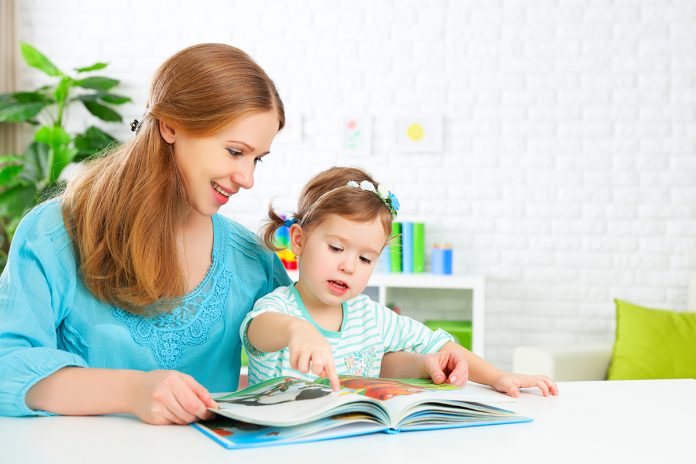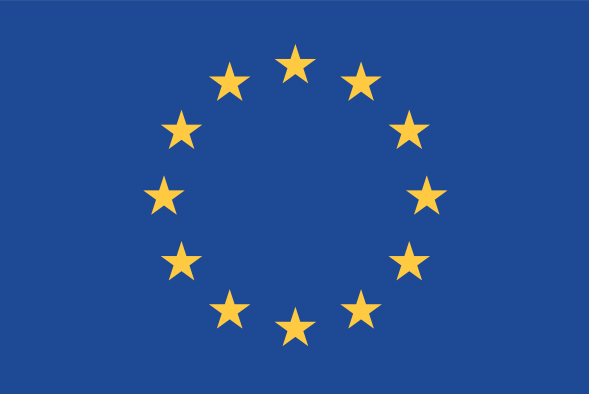A novel European federated infrastructure and harmonised data of 250,000 children and parents sum up the LifeCycle Project – EU Child Cohort Network, which this profile explores, beginning with its rationale
Optimising early-life conditions has as yet, unfulfilled potential to improve life course health trajectories for individuals themselves and also for their offspring through transgenerational effects. Exposure to adverse stressors during early life leads to developmental adaptations, which subsequently affect disease risk in later life. A better understanding of the causality, pathways and life course health trajectories explaining associations of early-life stressors with later life disease is urgently needed to translate results from observational studies into population-health prevention strategies. This description or summary is based on a previous publication (Jaddoe VW et al, Eur J Epidemiol 2020 Jul; 35 (7):709-724).
Power of cohort studies
Many European pregnancy and childhood cohorts have been established to examine the associations of early life with health across the lifecycle. Pregnancy and child cohort studies provide the unique opportunity to study the potential for early-life interventions on factors that cannot be easily studied in experimental settings, such as socio-economic, migration, urban environment and lifestyle-related determinants. Combining data leads to larger numbers and the opportunity to better identify risk groups and risk factors leading to disease across the lifecycle. Also, it enables research for a better causal understanding and modelling of life course health trajectories.
The enormous wealth of high-quality prospective cohort studies enables collaboration at the individual participant data levels. Meta-analysing individual participant data has the advantage that it can identify smaller effect estimates, specific subgroups, and mediator effects and maybe most importantly capitalises on existing published and unpublished data. Results from well-performed individual participant data meta-analyses suffer less from publication bias than meta-analyses based on published data.
The LifeCycle Project – EU Child Cohort Network
The LifeCycle Project is a Horizon 2020-funded (2017–2022) international project. The general objective of the LifeCycle Project is to bring together pregnancy and childhood cohort studies into a new, open and sustainable EU Child Cohort Network, to use this network for identification of novel markers of early-life stressors affecting health trajectories throughout the life course, and to translate findings into policy recommendations for targeted prevention strategies.
The EU Child Cohort Network
The EU Child Cohort Network brings together nineteen pregnancy and childhood cohorts. Together, they include more than 250,000 children and their parents. Recruitment to the cohorts of the EU Child Cohort Network began prior to and during pregnancy, as well as in childhood. The follow-up of these cohorts span the full life course and contain detailed phenotypic information and biological samples. The EU Child Cohort Network is open to other partners with population-based cohorts that started in early life and will be sustainable after the duration of the Horizon 2020 funded LifeCycle Project.
Data harmonisation
The LifeCycle Project has developed a harmonised set of variables in each cohort necessary to perform multi-cohort analyses of different research questions. The harmonisation work is performed by a data-harmonisation group with representatives from each partner or cohort. (Pinot de Moira A et al, HThe EU Child Cohort Network’s core data: establishing a set of findable, accessible, interoperable and re-usable (FAIR) variables. Eur J Epidemiol. 2021 May;36(5):565-580. A priority list of variables has been developed for harmonisation. The cohort studies participating in the EU Child Cohort Network are enriched with novel harmonised integrated data on early-life stressors related to socio-economic, migration, urban environment and lifestyle determinants, based on data availability within the cohorts and external data from registries.
Federated & FAIR data analysis approach
Analyses in the EU Child Cohort will be predominantly using DataSHIELD, developed as part of the EU-FP7 BioSHaRe Project. This is a safe and robust data analysis platform to perform joint multisite individual participant data meta-analyses, without physically transferring data. DataSHIELD enables connections between local servers to analyse harmonised data located at different institutes. The major advantage of this approach is that the data from the different institutes, which together form the EU Child Cohort Network, are accessible to different researchers from various sites whilst they remain at the local sites. Management of and access to all data is primarily the responsibility of each institution. The FAIR (findable, accessible, interoperable, reusable) principles are taken into account for the general data management approach.
Data governance
The LifeCycle Project or EU Child Cohort Network do not own data, but bring data from other cohorts together via a federated data analysis platform. Ethical and legal responsibility for data management and security is maintained by the source studies or home institutions. The principal investigators or home institutions should always administer permission for external access to specific data on their server for addressing research questions. The data sharing protocols and agreements will be updated regularly, according to new legal practices, such as the European General Data Protection Regulation 2016/679 (GDPR). All governance protocols take the long-term EU Child Cohort Network, beyond the LifeCycle Project duration, into account.
Conclusion
The LifeCycle Project and its EU Child Cohort Network lead to great opportunities for researchers to combine harmonised data from different cohorts by a federated analysis platform. It also provides a novel model for collaborative research in large research infrastructures with individual-level data.
The EU Child Cohort Network also lays the foundation for future research collaborations and research networks, such as the EUCAN Connect, ATHLETE and Longitools Projects.
The LifeCycle Project will translate forthcoming results from research using the EU Child Cohort Network into recommendations for targeted prevention strategies to improve health trajectories for current and future generations by optimising their earliest phases of life.
LifeCycle Project has received funding from the European Union’s HORIZON 2020 Research and Innovation programme under the Grant Agreement no. 733206.
Please note: This is a commercial profile
© 2019. This work is licensed under CC-BY-NC-ND.












